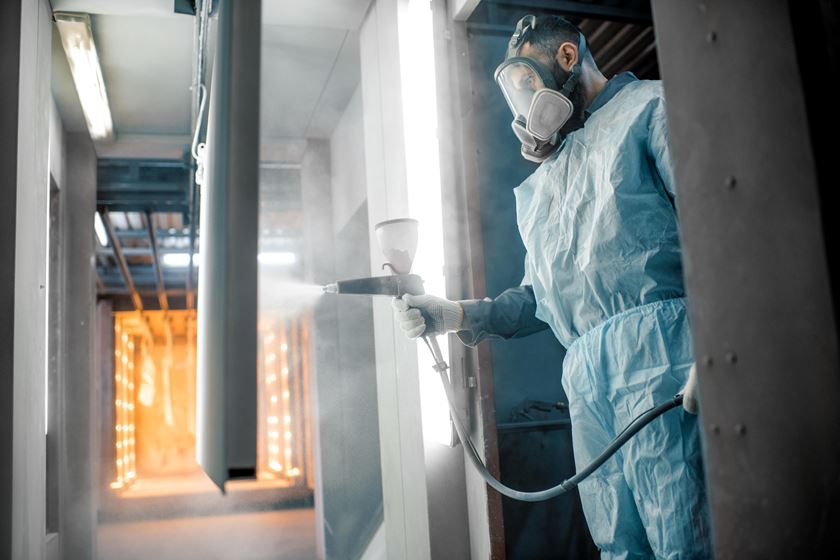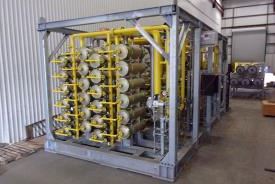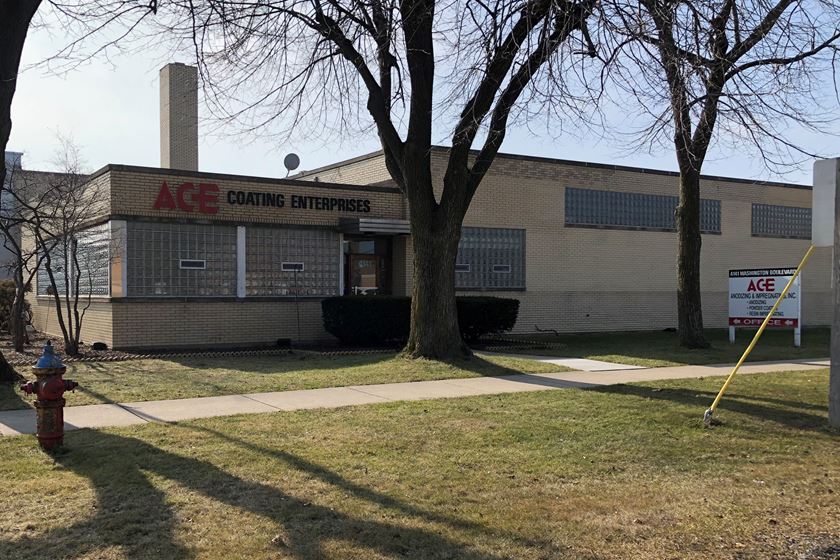When To Dump The Chemical Tanks
We use a three-stage iron phosphate system, and we seem to be using a lot of pretreatment chemicals. Can I establish a scientific program to indicate when the chemicals should be dumped?
#basics
Q. I manage the finishing line at my plant. We use a three-stage iron phosphate system, and we seem to be using a lot of pretreatment chemicals. The operator tells me he dumps the cleaner when he thinks it is not cleaning the parts, and he dumps the phosphate when the parts look off-color. Can I establish a scientific program to indicate when the chemicals should be dumped? I think we should consider conductivity, grease and oil, solid residue, and coating weight. All of these should be related to humidity resistance and salt spray resistance tests.
Can you help? W. S.
Featured Content
A. Back when I had a real job as a scientist at a large research lab, I could have undertaken such a program. Your request is beyond the scope of this column. It is also beyond the scope of most plants. To do it, you must have access to sophisticated equipment and trained technicians. However, I’m sure this information is available from chemical suppliers, who pay lab people to conduct such programs. Talk to your sales rep about your concerns.
On the other hand, there are rules of thumb for determining when to dump phosphate chemical baths. A couple of examples: dump when the free oil in the cleaner tank reaches 3 to 5%, and dump when the amount of chemical addition needed to balance the phosphate tank equals the original charge.
RELATED CONTENT
-
Pretreatment for Painting
Better adhesion, enhanced corrosion and blister resistance, and reduced coating-part interactions make pretreatment a must.
-
The Powder Coating Process
Powder coating is one of the most durable finishes that can be applied to industrial manufactured products, and offers excellent corrosion protection and is very safe because of its lack of volatile organic compounds. To understand the powder coating process you should start with the fundamentals.
-
Polishing vs. Buffing: What's the Difference?
Is polishing the same as buffing? Mechanical finishing expert, Pat Wenino, explains the differences between the two processes.


















